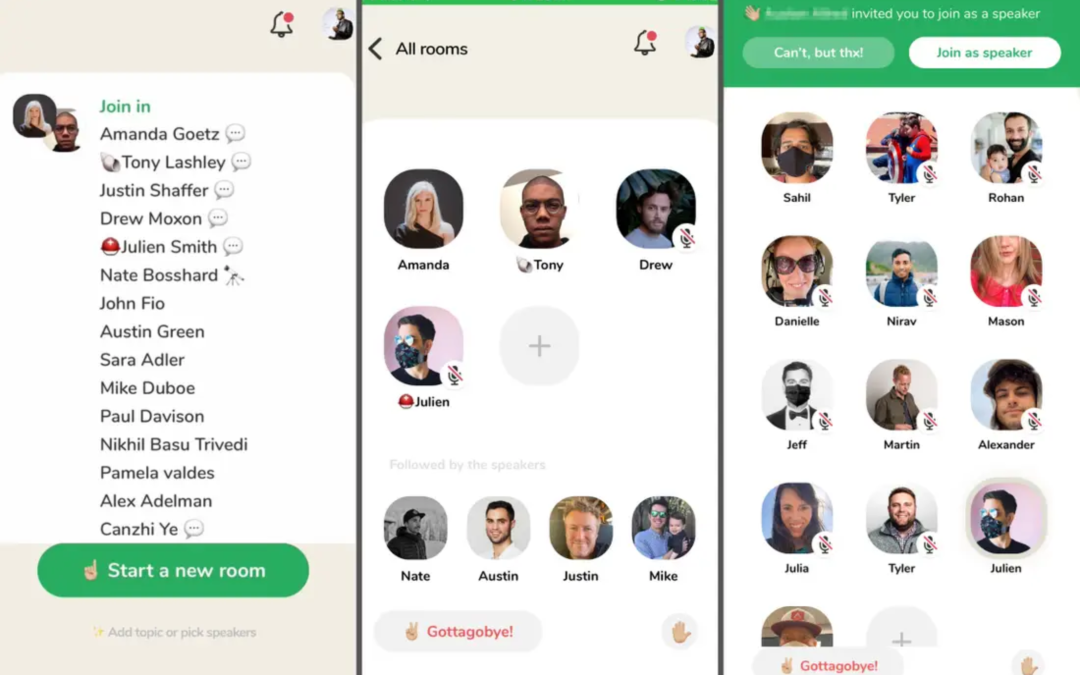Shortly before the premiere of Season 2 of Undercover Billionaire, Grant Cardone waded into the waters of the recently launched Clubhouse app. This turned out to be a great choice, both for the show and for his other business ventures.
If you aren’t familiar with this powerful platform, you’re not alone. Many haven’t yet had an opportunity to use it, either because they’re not on an iOS device or because they haven’t received an invite. But I believe that was all part of their marketing strategy to begin with. By cutting out about 55 percent of the U.S. marketplace, they were able to throttle new users with a slow and restrictive invite-only process.
It was a perfect recipe for a viral hit, and it worked. The platform launched in May, and by the end of 2020, it had more than 600,000 registered users.
Clubhouse is, essentially, an interactive audio-based social network. Think of it like your own personal podcast where you can share your thoughts and listeners can ask questions. The platform is organized as rooms started by users, which then disappear once they’re closed down by the host, and the user base is a diverse mix of entrepreneurs, investors, entertainers and artists of all ages, discussing a wide range of topics.
Entrepreneur
Clubhouse seems to be deploying a few different go-to-market strategies that have been combined together to launch a social media platform that has been already tried and failed before. Certainly the timing of COVID helped, but the slow rollout by invitation only of iOS only app might just do the trick to make Clubhouse bigger than the likes of Twitter, as some are predicting.
Clubhouse, which is still in beta and isn’t yet available to the public, was founded by Paul Davison and Rohan Seth. It’s an audio-based social platform. You can enter rooms (or create a room) and hear or participate in discussions on topics: how to pitch your startup idea, the future of marriage, whether Clubhouse is getting boring. Rooms generally have speakers, the way conference panels do, and moderators. The conversation is in real time, meaning you can hear folks throwing in their opinions about the subject at hand, and you can raise your hand to toss in yours as well.
…
Clubhouse is the latest manifestation of our desire to connect to each other at a time when social distancing and remaining isolated at home is the new norm. But while videoconferencing services like Zoom have blown up for everyone, Clubhouse’s largest appeal is its exclusivity and ability to draw in notable figures.
That hasn’t always been a good thing. Over the summer, Clubhouse garnered headlines for an incident with New York Times reporter Taylor Lorenz, which kicked off a debate over Silicon Valley culture and how the media covers it. It also brought light to the more serious issue of how the platform will handle harassment and questionable content, like conspiracy theories and anti-media sentiment, cropping up in conversations.
CNET


Recent Comments